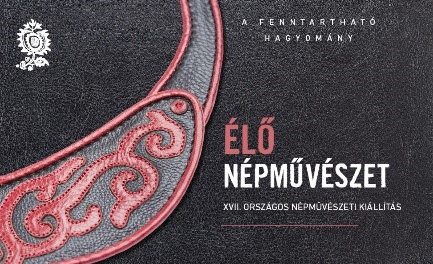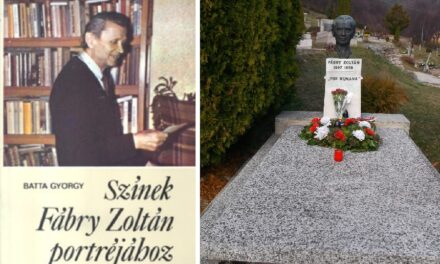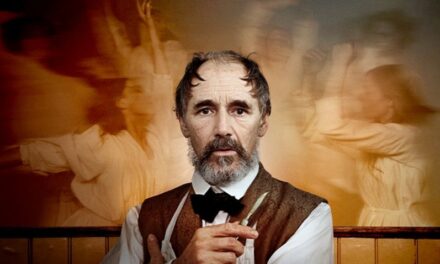The decisive moments of the Battle of Mohács will soon come to life on the cinema screen.
The Mohács cataclysm of 1526 is known to be one of the turning-point events in Hungarian history, which is still of great interest to experts researching the period and to the general public. The circumstances of the loss of the battle at Mohács, the road leading to it and the consequences of the event have been examined from many points of view in the past period.
Presented last week, Now or Never! its creators made a statement about their emerging plans after the film's premiere in London.
Philip Rákay, the film's creative producer, explained that there would be a great demand for more historical Hungarian films, since Hungarian history is amazingly colorful, and one could list endless historical family names whose bearers should also be made into films. The Now or Never! his creative team (Philip Rákay, Szente Vajk and Márk Kis-Szabó) has been working on the history of Mohács for almost a year, since 2026 will be the 500th anniversary of the Battle of Mohács.
"The story of the production about the Battle of Mohács is ready, we built it with Márk Kis-Szabó and Philippe Rákay as well. The so-called treatment - which describes the plot in detail - will be submitted to the National Film Institute in the fall, and we are waiting for its assessment. If the first step is successful, then we can start writing the script. If the film can be realized, it should be ready by 2026, the 500th anniversary of the Battle of Mohács," Szente told Világgazdaság last August.
We have been working for almost a year on how to explain to today's young generation, to the people of today, what happened five hundred years ago, where this tragedy led us and what we learned from it, in the language of film, Rákay Philip said at the London presentation.
"What excites me about the Mohács story is that the twenty-year-old II. How Lajos and the Hungarians who are able to do something for their country are eventually welded together by the extremely vulnerable situation of the country. King Matthias had been dead for thirty-six years at that time, the black army was all over the place, there was a will to fight, the Hungarian lords were fighting each other, and the international environment was also complicated," said the artist.
And how necessary is it to reevaluate the role of the Battle of Mohács? Gábor Móczár, director general of the National Heritage Institute, said the following about this:
“Pretty much. In recent centuries, the location has been identified with the total loss of the nation, although the plain of Mohács is not only the site of a fatal battle loss: in 1687, on the field of Nagyharsány - in the immediate vicinity of the battle of 1526 - the united European Christian armies dealt a decisive blow to the Ottomans. In other words, the more than 160 years of Turkish subjugation started at Mohács and ended near it".
According to Móczár, in connection with the upcoming 500th anniversary, it is necessary to present those significant actions and historical actions that provoked national unity, which during the subjugation served to preserve the vitality of the diminished Hungarian nation, the survival and revival of Hungarianness in the Carpathian Basin, since without them today there would be no we would have the opportunity to remember our predecessors who set an example of self-sacrifice and heroism and patriotism.
Cover image: Philip Rákay wants to explain to today's young generation, the people of today, what happened five hundred years ago in Mohács
Source: Facebook/Rákay Philip












